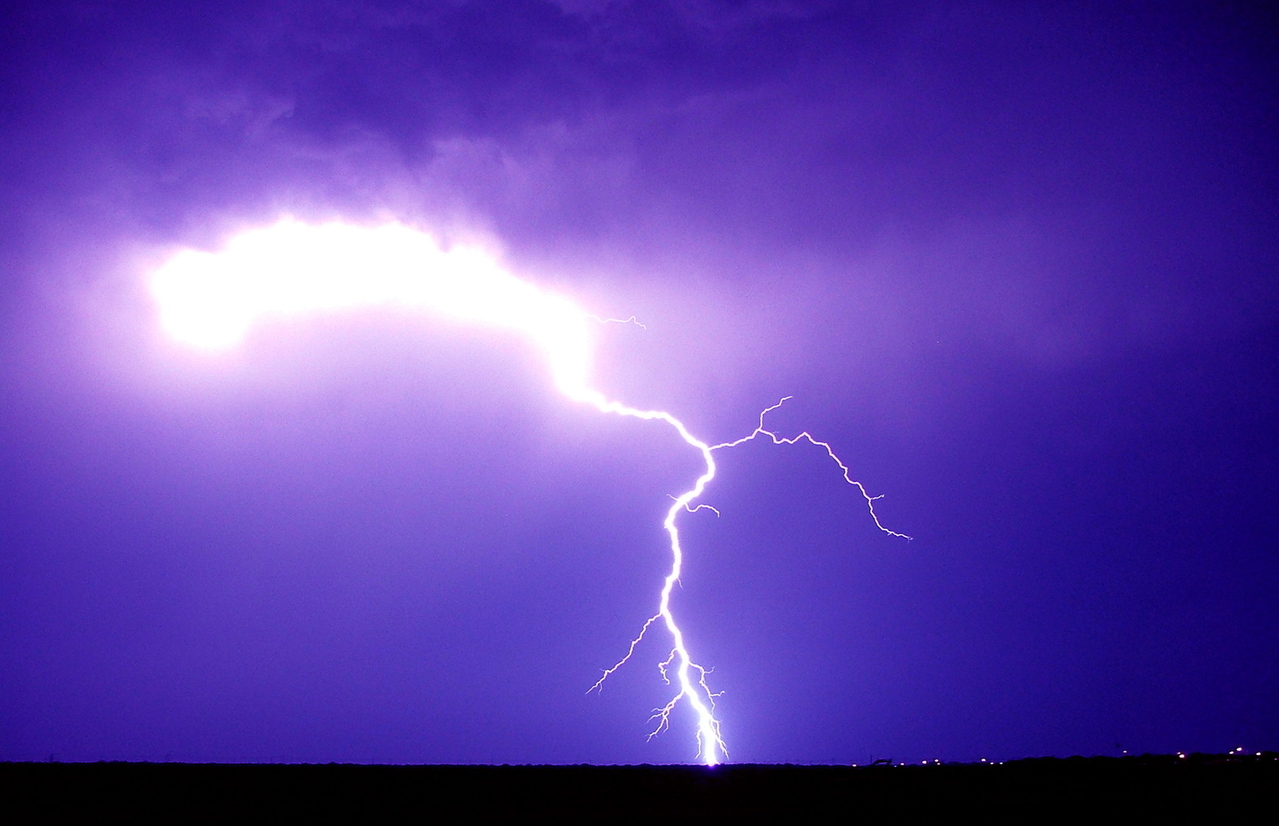This is the first of a series of blog posts from Transition Town Media co-founder, Marion Yaglinski, on issues relating to some of the challenges our planet is facing today, issues that Transition Towns like Media are hoping to address and mitigate by reimagining and rebuilding our future. We hope you find them informative and inspiring.
What if our approach to climate change is incomplete or wrong? I just read Climate: A New Story by Charles Eisenstein and was so impressed that I had to immediately write about it! Eisenstein offers new thinking on the cause of climate disruption as well as how to heal the planet.
He is an original out-of-the-box thinker and does not skim the surface—he plumbs the depths. Eisenstein sees how everything is interrelated rather than separate and believes that the cause of our current climate situation is not as simple as high CO2 levels.
Eisenstein describes rising CO2 levels as a symptom of ecosystem degradation. He believes the root causes are deforestation, wetlands destruction, habitat destruction, biodiversity loss, toxic and nuclear waste, soil erosion, overfishing, industrial agriculture, pollution and overpopulation and sees all these as interconnected.
As a holistic nurse, I can relate to his ideas. I have always believed that focusing only on treating the symptoms and repairing a certain part of the body won’t cure an illness. Only seeing the body as a whole and treating the root cause resolves the illness. The 2,000-year-old system of Traditional Chinese Medicine is based on the same holistic philosophy, as is systems thinking, which is a holistic approach to understanding and resolving a problem.
Systems thinking considers how all the parts of a whole are connected to each other, affect each other and interact toward a common purpose. This approach takes a problem from simple to complex.
For example, systems thinking applied to our environment would consider how water, sun, soil, air, plants, animals and human beings interact and support one another as a system. In other words, as Quantum Physics tells us, we can’t separate discrete parts from the whole because everything is interconnected.
Whether you believe rising CO2 levels or ecosystem degradation is the cause of our climate crisis, we still need to take immediate action. Yes, we need to stop contributing to rising CO2 levels. But if ecosystem degradation is the cause of climate disruption, then our most urgent priority is to protect and restore our ecosystem. In doing so we need to work with Nature, not against it.
Ecosystem degradation is a complex situation that we can’t solve from the currently dominant worldview and its approach to problem-solving. Today’s linear and reductionist approach to problem solving–breaking the world down into discrete parts and isolating them from their systemic roots–is inadequate to take on the complex challenge of our climate.
Although many actions need to be taken on the legislative and international levels, there is much that we can do as individuals in our own back yards and in our local communities. Each one of us can participate in our own way to ensure ecosystem restoration. No act is too small. And every act counts–even something as small as not using pesticides on your property.
What actions will you contribute?
Want some suggestions? Visit Marion’s blog to learn a few ideas: https://www.ourclimatechallenge.com/blog-1/take-action


Leave a Reply